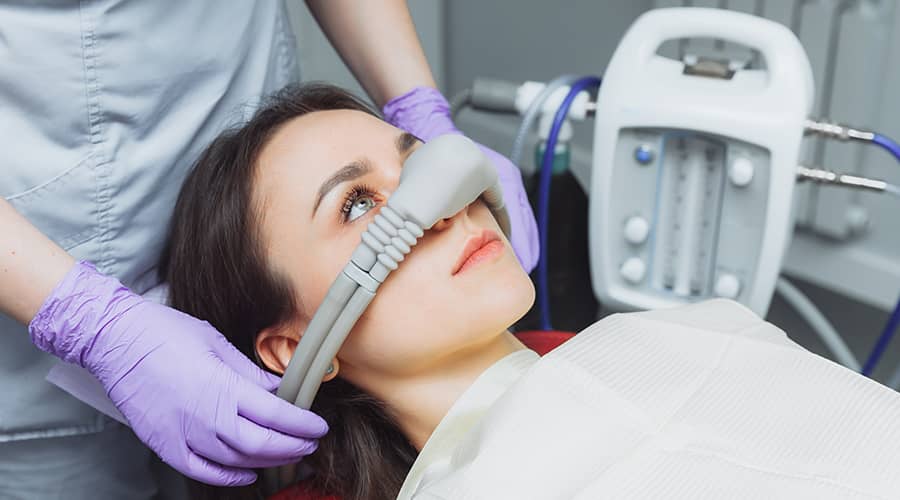
We aim to provide you with a safe and effective anesthetic. To do this, we must have your full cooperation with these important instructions.
In addition to local anesthesia, your surgeon may recommend an additional type of anesthesia. Each anesthetic option requires important preparation. For your safety, it is important that you read and follow the instructions on this page. Please ask your surgeon if you have any questions regarding this information before your procedure.
For all surgery:
- Wear comfortable clothing that is not tight or restrictive.
- Please wear a short sleeve T-shirt.
- Remove nail polish before surgery, and do not wear makeup.
- Women of childbearing age may be asked to provide a urine specimen on arrival for a pregnancy test.
Local Anesthesia
Local anesthesia will produce “numbness” (loss of sensation) in the area of the operation. If only local anesthesia is used, you will be awake and remember the surgery, but there is no significant discomfort. Feeling the application of heavy pressure during the procedure is completely normal.
Depending on the local anesthetic used, the “numbness” may persist for as long as 8 hours. Do not attempt to chew any food until all of your oral and lip sensations have returned. On rare occasions, a local anesthetic injection can cause permanent nerve injury with alteration in sensation (numbness, tingling, burning, pain) in the tongue, lip, chin, and gum tissues.
Nitrous Oxide Gas (Laughing Gas)
You will feel relaxed and less aware of your surroundings but will recall the procedure. Local anesthesia is always used in conjunction with nitrous oxide.
- You may have a light meal four (4) hours before surgery.
- It is preferable but not required to have someone drive you home after your surgery.
- Plan to rest at home for the rest of the day.
Intravenous (I.V) Moderate, Deep, and General Sedation
Moderate and Deep Sedation
Medications are given intravenously through a vein in your hand or arm. You will feel very relaxed. Although you will not be unconscious, there will be very little recall of the events surrounding surgery. You will continue to breathe on your own and protect your airway.
General Anesthesia
General sedation medications are also given through a vein in your arm or hand. You will not recall the surgery and usually have a longer recovery time in the office. General sedation is well suited for patients who are concerned that they may have some awareness of the events of their surgery under moderate sedation. During the sedation, we may need to support your airway or breathing.
YOUR SAFETY IS OUR FIRST PRIORITY: If we feel that a patient is not adequately sedated after receiving an age and weight-appropriate doses of medications, we may not proceed with the procedure and recommend that the procedure be rescheduled in the operating room.
During your I.V. anesthetic, you will be very closely monitored by a staff of trained doctors and assistants. Monitoring will routinely involve continuous measurement of the oxygen content in your blood (pulse oximetry), blood pressure, heart rate, heart tracing (ECG), and concentration of CO2 (carbon dioxide) in expired air.
Important Instructions Regarding I.V. Anesthesia
- Do not eat/drink eight (8) hours before your appointment. This includes water. If you take medications daily, such as blood pressure or antibiotics, you may take them with a small sip of water 2 hours prior to your procedure. If we have prescribed medications to be taken before the surgery, you may also take them.
- You must be accompanied to the appointment. The person responsible for you must return to drive you home when the procedure is finished.
- Plan to rest for the rest of the day. Do not drive, operate tools or machinery, or make important decisions for at least 24 hours after surgery.
- A responsible adult should be available immediately to assist you for at least four (4) hours after you return home. You should not be at home alone for at least 4 hours after your surgery.
- It is very important that you do not smoke at least 24 hours before surgery.
- Following surgery, you will not be able to drive a car or operate any mechanical equipment for 24 hours.
- Please wear low-heeled shoes and clothing that is not tight or restrictive. If you wear a top with sleeves, make sure they can be rolled up past the elbow.
- We will ask you to remove contact lenses, dentures, and jewelry.
- We ask that you do not wear makeup (including lipstick), or nail polish on the day of surgery.
- If you are sick with a cold, flu, or an upset stomach, please notify the office two (2) days before the procedure.
- If you take medications daily, please check with Dr. Benjamin Foley and Dr. Thao Le before your surgical date for instructions.
Important Reminders Regarding Anesthesia
- We are not permitted to start a procedure if your ride is not present in the office within 10 minutes of your appointment.
- If you have not followed the instructions and have had something to eat or drink before your surgery, you MUST inform the nurses and surgeon so that we can provide you with the safest anesthetic.
- If you are receiving I.V. moderate sedation, you will not be asleep during the procedure. Moderate sedation aims to induce a state of profound relaxation–not loss of consciousness. You may be aware of some aspects of the procedure. If you are concerned that you may have an unpleasant awareness of your surgery, please discuss this with your surgeon and request general anesthesia.
Questions/Problems
Our number one priority is the safety of our patients. To find out more about your surgical procedure, or if you have additional questions, contact us at (303) 444-2255. Thank you for choosing us to be your oral surgeon in Boulder, CO.
Call Us